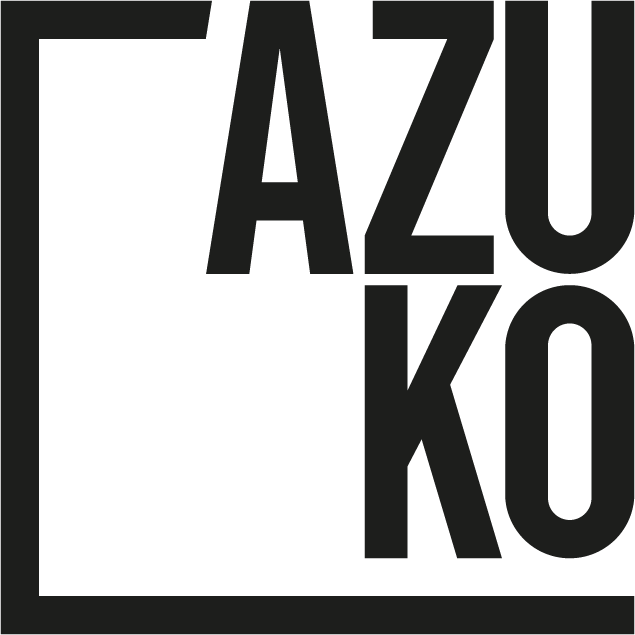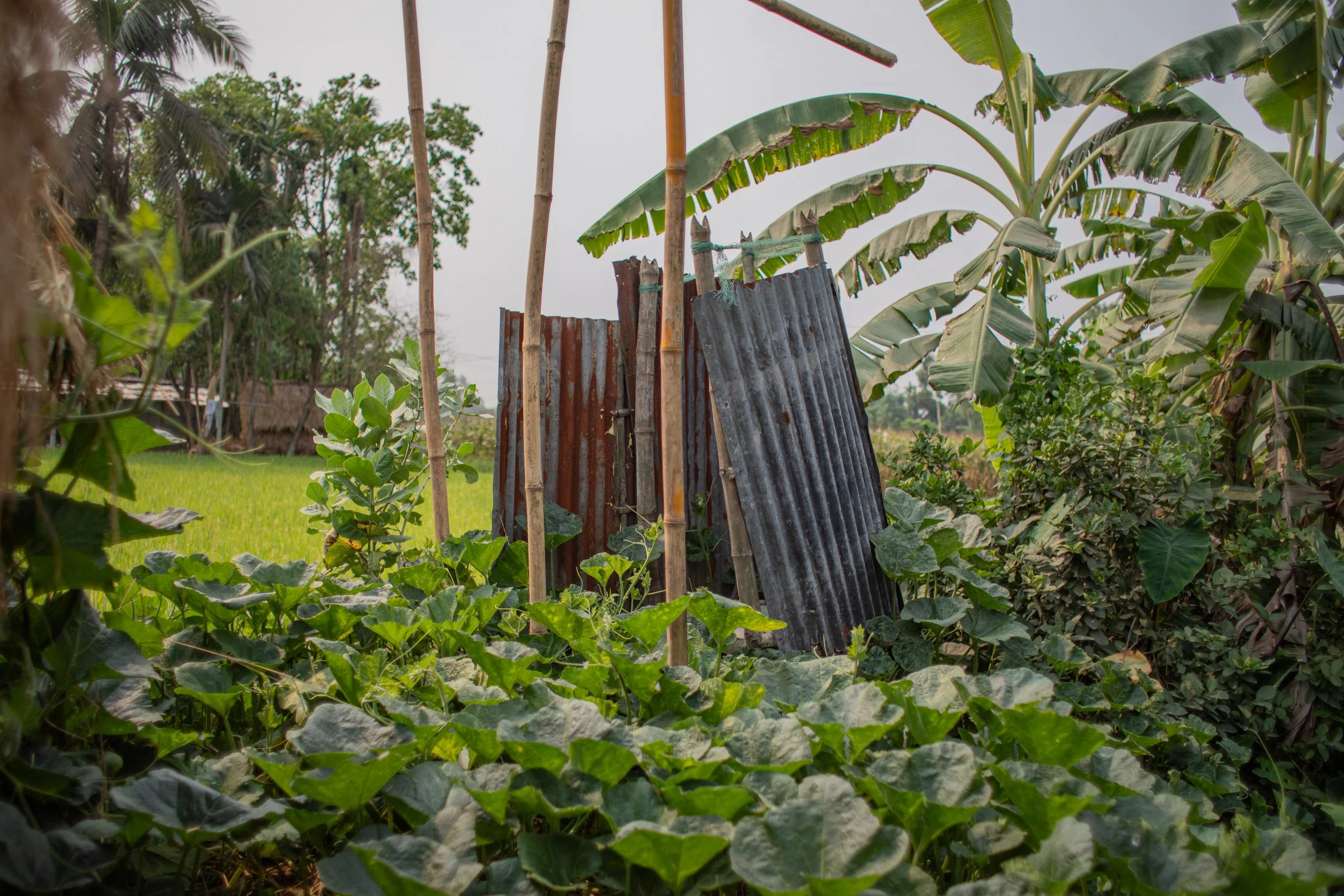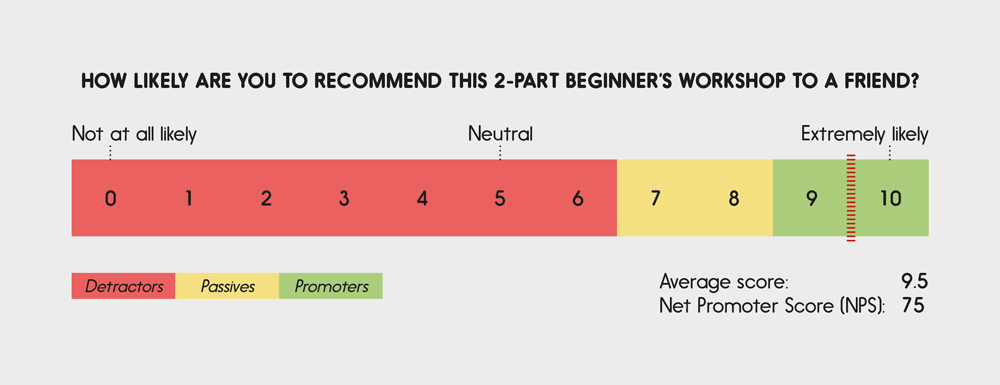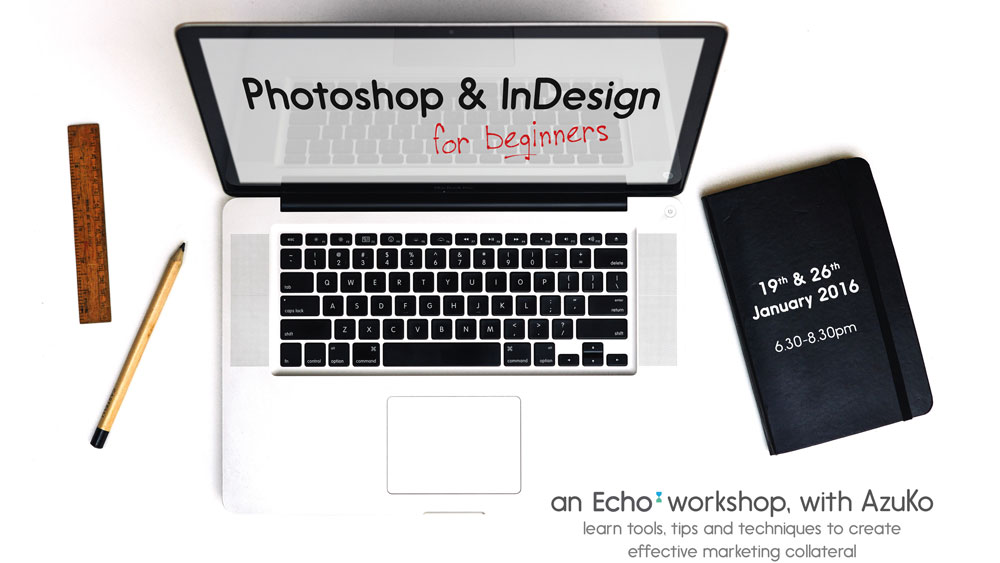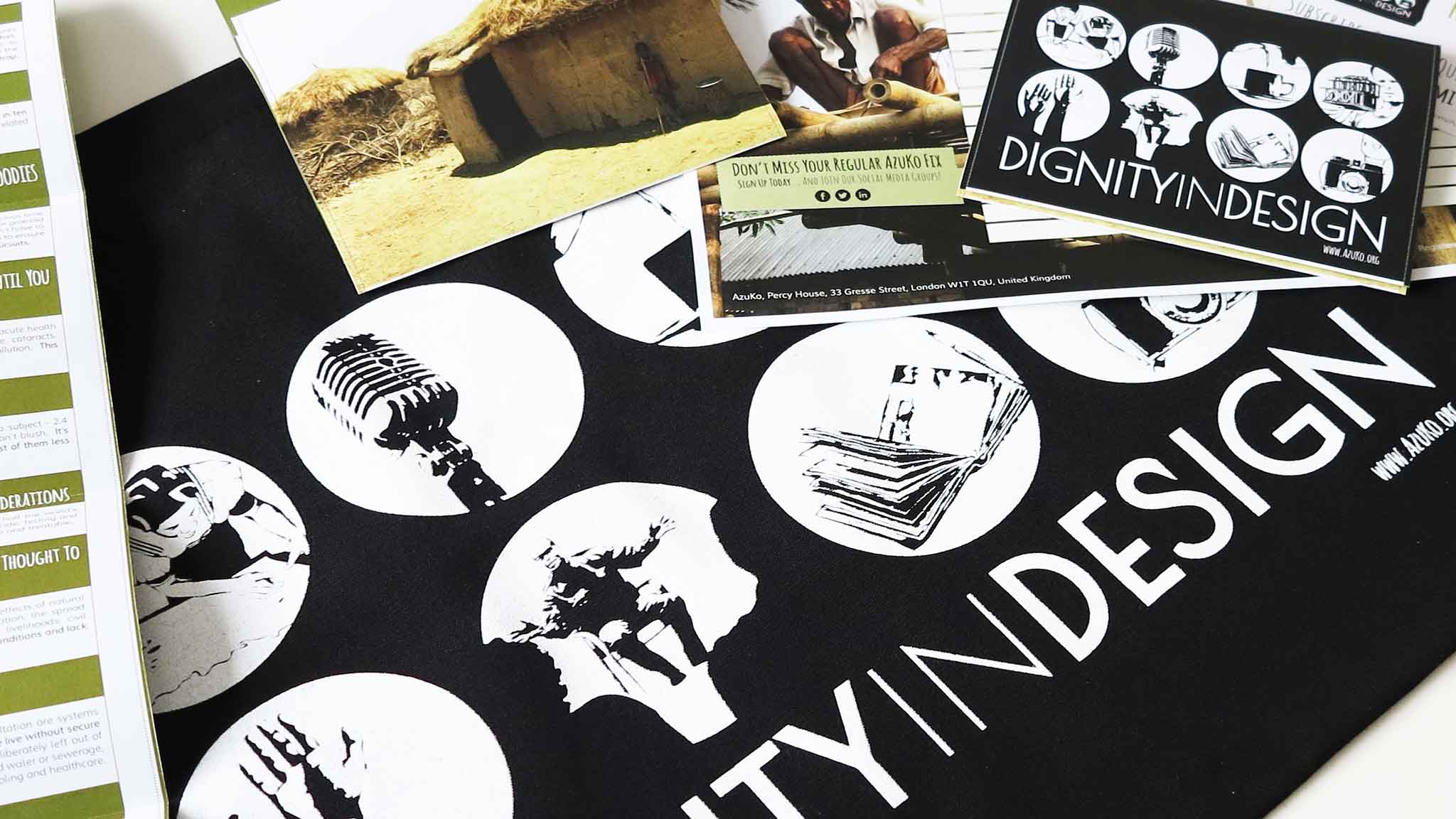Last night we held part 2 of our Photoshop and InDesign workshop - 1:1 tutorials. We partnered individuals with Adobe experts to work on specific projects relevant to their work.
When designing this course, we discussed goals at length. What was achievable in a relatively short timeframe (4 hours) for those with little or no software experience? What content would be most appropriate for this user group (young startups)? What activities would keep people engaged?
Feedback is vital to ensure we answer these questions correctly and can continue to improve our services. With this in mind we decided to focus on four measurable outputs / outcomes:
1. CONFIDENCE: It was important for us that participants felt increasingly comfortable using the software, so that at the end of the workshop they would continue to develop their skills. In Photoshop, Illustrator and InDesign, all participants recorded an increase in confidence, reaching as high as 70%.
2. IMPACT: We wanted to go beyond the theory and ensure participants could put it into practice - using their new found skills for live projects and future work.
“Not only have I learnt tools, tips and tricks to retouch images and create posters, I am re-examining our brand style guide. I’ll be presenting my thoughts back to our team to make things simpler, clearer and more effective.”
3. EXPERIENCE: As a relative beginner, learning a new skill can be a little nerve wracking, especially when you're surrounded by experts. We hoped to create an environment where people felt able to ask questions, where they could make mistakes and learn from them. Ultimately we wanted it to be fun... a place to network. In fact, last night one of our lovely facilitators presented her new cereal brand startup, handing out samples and a link to her latest market research study.
4. SATISFACTION: A great indicator to assess how well the course was received, is to calculate your Net Promoter Score (NPS) by asking one simple question. Respondents are grouped into three categories:
Promoters (score 9-10) are loyal enthusiasts who will keep coming back and refer others
Passives (score 7-8) are satisfied but unenthusiastic users
Detractors (score 0-6) are unhappy users who could damage brand and growth through negative word of mouth
On a scale of 0-10 we received a whopping average score of 9.5, with the Net Promoter Score calculated at +75. Such great feedback means our workshop responds to real needs within the nonprofit and startup community.
With a waiting list and increased interest from the Echo marketplace, we're hoping to host more workshops, including offering an 'intermediate' course for those wanting to test their skills.
If you're interested in getting to grips with these design tools, and would like us to run a workshop for your organisation or within your community, please drop us a line.
Read about workshop one.
Author: J. Ashbridge
